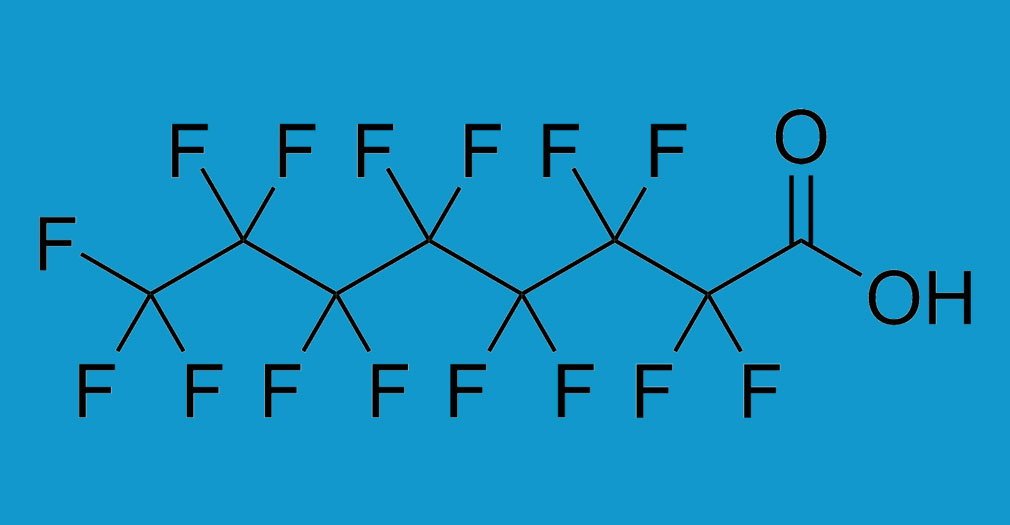
CATrends: Marketing Claims for Products Containing PFAS
Class-action lawsuits target human and environmentally-friendly claims.
New law aims to provide more transparency to online transactions and to deter online shopping fraud.
WHAT’S UP
Today, the Integrity, Notification and Fairness in Online Retail Marketplaces for Consumers Act – or the INFORM Consumers Act – takes effect. The new law aims to provide more transparency to online transactions and to deter online shopping fraud, among other things.
Under the new law, online marketplaces, defined as a person or business that operates a consumer-directed platform that allows third-party sellers to engage in the “sale, purchase, payment, storage, shipping or delivery of a consumer product in the United States,” must collect and verify certain identification and bank account information about “high-volume” third-party sellers, described as sellers who have sold 200 or more items totaling $5,000 or more in revenue during any continuous 12-month period within the past two years. In addition, if the seller’s annual revenue meets or exceeds $20,000, the marketplace must collect, verify and display the seller’s name and physical address, as well as contact information such as a working phone number, on product pages, in order details or in transaction histories.
Further, the law requires that applicable marketplaces offer a clear way for consumers to report suspicious activity.
Failure to comply with the law can result in steep financial penalties for the marketplace. The FTC is charged with enforcing the act and can seek to fine offending marketplaces up to $50,120 per violation as well as pursue injunctive relief. State attorneys general may also bring actions against covered marketplaces that violate the law and seek injunctions, penalties and civil damages, among other things.
HOW WE GOT HERE
The INFORM Consumers Act aims to deter the sale of stolen, counterfeit or unsafe items through online marketplaces.
A 2020 report by the U.S. Department of Homeland Security found that the domestic value of seized merchandise – counterfeit and pirated goods – increased from $94 million in 2003 to $1.4 billion in 2018, with e-commerce largely to blame. “With the rise of e-commerce, the problem of counterfeit trafficking has intensified,” the report stated.
Online marketplaces’ efforts to police themselves are proving ineffective. By way of example, Amazon says it’s blocked billions of attempted counterfeit listings, though, as has been widely reported, fake products persist on the platform.
THE MARKETING PITCH IN QUESTION
In addition to addressing counterfeit and stolen product listings, the new law may also help consumers seeking to complain about third-party sellers engaging in false and misleading advertising. By way of example, consumers may now have contact information to support complaints about brain supplement and “vitamin” sellers on Amazon that deceptively market their products with illegal health claims, as well as face mask sellers on eBay that don’t use their real name and that falsely claim their products are “FDA approved.”
WHAT’S NEXT
The FTC has already put a number of companies on notice.
Last week, the FTC announced that it had sent letters to 50 online marketplaces notifying them about their obligations to comply with the INFORM Consumers Act as soon as it takes effect. It did not disclose the names of the companies receiving letters.
TINA.org will be on alert for possible violations of the new law, which, again, only applies to certain “high-volume” third-party sellers. If consumers think they see a potential violation, they can notify the FTC, their state attorney general and, of course, us.
Class-action lawsuits target human and environmentally-friendly claims.
Despite the splashy announcement, weight-loss ads persist on social media platform.
Comparing the amount companies agree to pay to settle deceptive marketing charges with their annual revenue.


